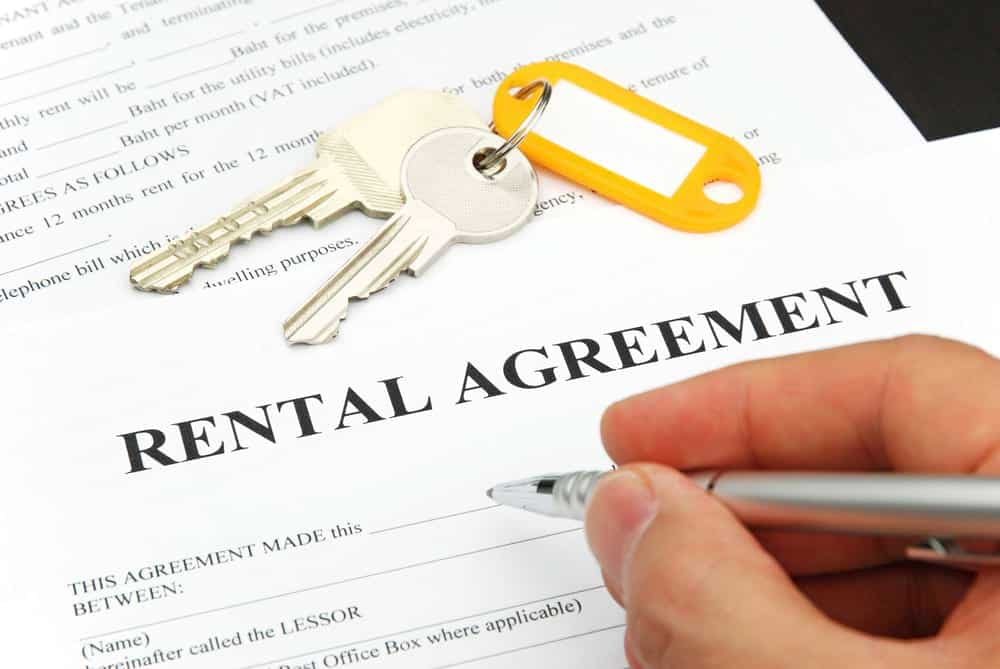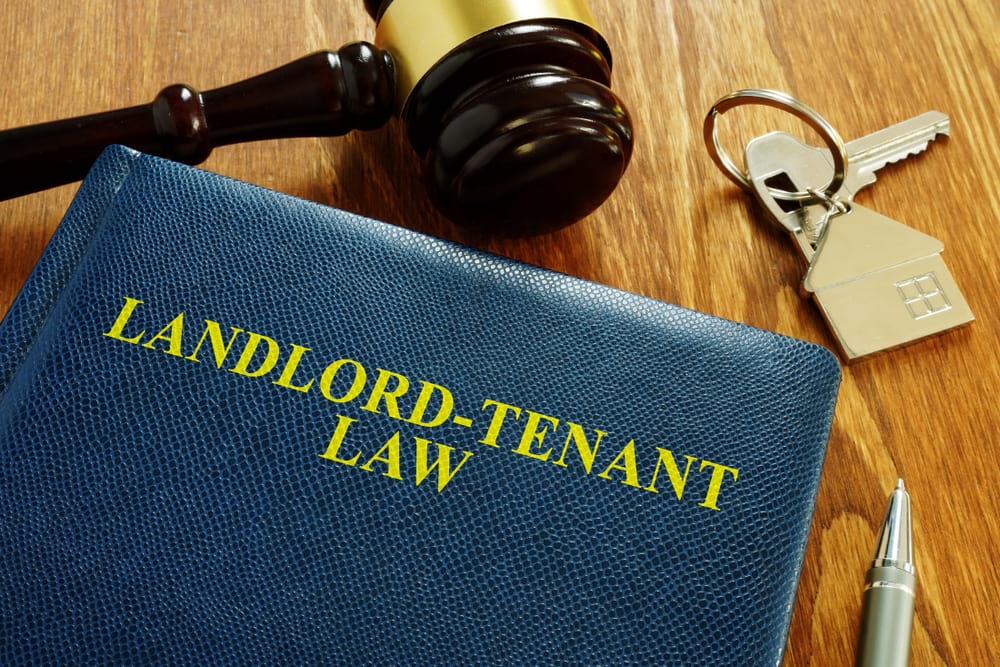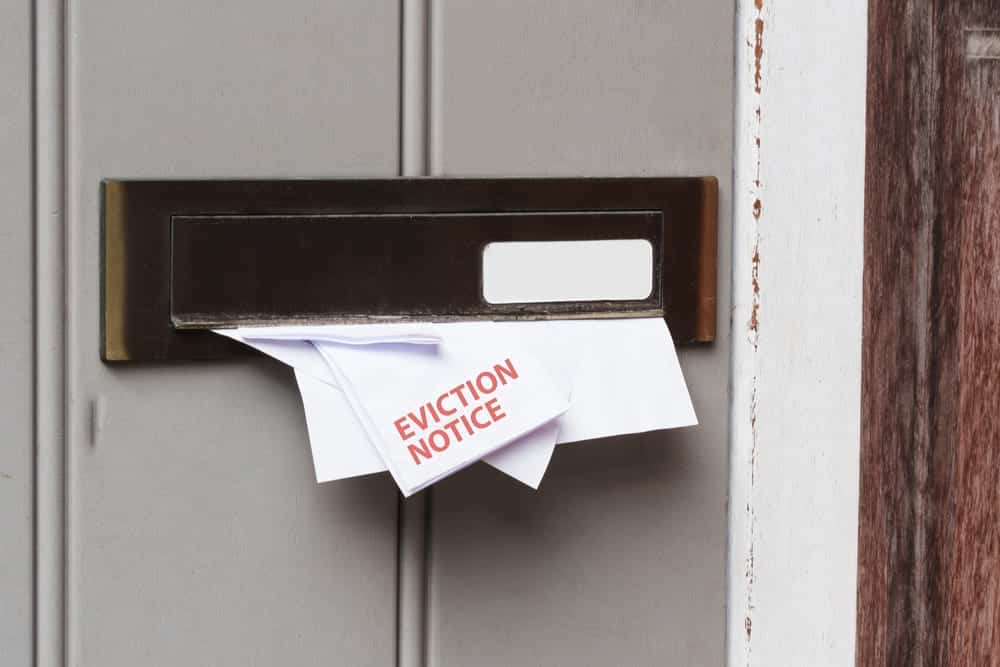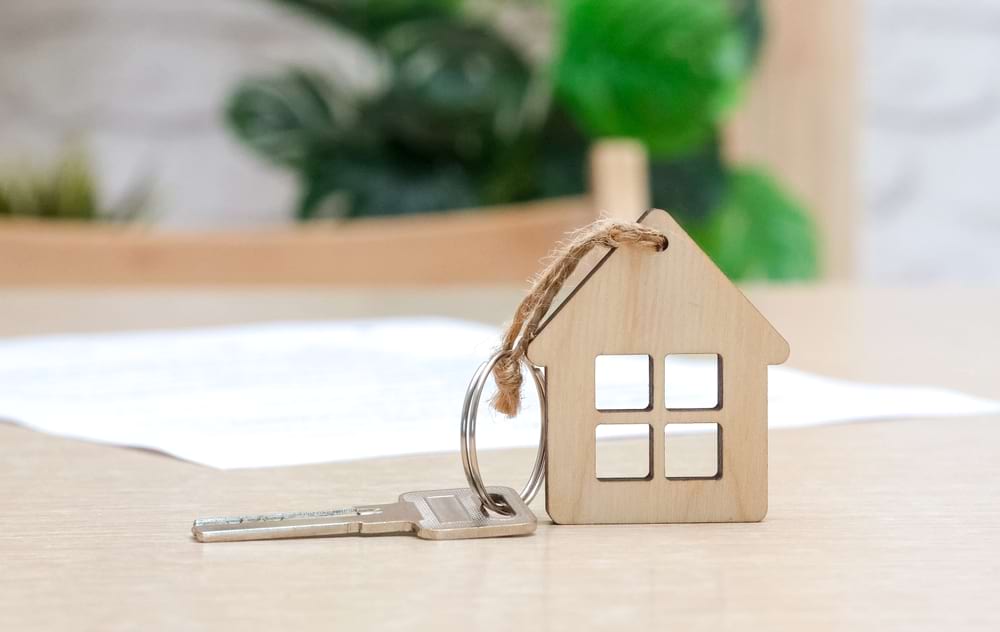As a landlord, you may have found yourself in a position where you need to sell your tenanted property quickly. This could be the result of many things – you’re facing financial difficulties, relocating, or simply ready to exit the rental market. In such scenarios, consider selling to a cash house buyer.
However, one of your primary concerns is whether these buyers will kick out your tenants. In this blog, we’ll explore the world of cash house buyers and address this pressing question, along with other essential factors you should consider when selling your tenanted property.
What is a cash house buyer?
The term’ cash house buyer’ refers to an individual or company that purchases properties outright without the need for traditional financing like mortgages. These buyers typically have the funds to complete the transaction quickly, often within a few weeks or even days. Cash house buyers can be investors, property development companies, or individuals looking to expand their real estate portfolio.
The main advantage of selling to a cash buyer is the speed and certainty of the sale. Unlike traditional buyers who may face challenges securing a mortgage, cash buyers can move swiftly, reducing the risk of the deal falling. This can be particularly appealing if you need to sell your property urgently.
Will cash house buyers kick out my tenants?
One of the most significant concerns that landlords have when selling a tenanted property is the fate of their current tenants. Will cash house buyers immediately evict them, leaving them scrambling to find a new home? The answer is more than a simple yes or no, as it depends on various factors and the specific buyer you’re dealing with.
Many cash house buyers are investors interested in maintaining the property as a rental. In such cases, they may be happy to inherit your tenants so they can start generating rental income from day one. These buyers will typically honour the existing tenancy agreement, ensuring a smooth transition for your tenants.
However, some cash buyers may have different plans for the property, such as renovating and reselling it or converting it into a different type of rental (e.g., from long-term to short-term lets). In these situations, they may require vacant possession of the property, which means your tenants would need to vacate.
Having an open and honest conversation with potential cash buyers about their intentions for the property and how they plan to handle the existing tenancies is crucial. This will help you make an informed decision and ensure you’re comfortable with the buyer’s approach.
It may also make a difference as to whether they are problem tenants or not.
What factors are included in a cash buyer’s price quotation?
When a cash buyer provides you with a price quotation for your tenanted property, they will consider several factors. These may include:
- The property’s location, size, and condition: Cash buyers will assess the overall value of your property based on its location, square footage, and state of repair. Properties in desirable areas, with good transport links and amenities, will typically command higher prices.
- The current rental income: If the cash buyer intends to maintain the property as a rental, they will carefully consider the existing rental income. They’ll want to ensure that the rent covers their costs and provides a reasonable return on investment.
- The length and terms of the existing tenancy agreement: Cash buyers will review the current tenancy agreement to understand the landlord’s and tenants’ obligations and rights. They’ll factor in the remaining length of the tenancy and any specific terms that could impact their plans for the property.
- Any potential renovations or upgrades: If the cash buyer plans to renovate the property, they’ll factor in the estimated costs of any necessary repairs or improvements. This may impact the price they’re willing to offer.
- Legal and transaction fees: Cash buyers will also consider the legal and transaction costs of purchasing the property, such as conveyancing fees and stamp duty.
It’s important to remember that cash buyers are looking for a good deal. They may offer a price below the market value, as they need to account for their profit margin and any additional costs they’ll incur. However, the speed and certainty of a cash sale can often outweigh the potential price difference.
Other common questions you should ask the cash house buyer
When considering selling your tenanted property to a cash buyer, asking the right questions is essential to ensure a smooth and transparent process. Some key questions to ask include:
- What is your timeline for completing the purchase? Cash buyers are known for their ability to move quickly. However, it’s essential to understand their expected timeframe clearly.
- How do you plan to handle the existing tenancies? As discussed earlier, it’s crucial to understand the buyer’s intentions regarding your tenants. Will they honour the existing tenancy agreements or require vacant possession?
- Can you provide proof of funds? Ask for evidence of funding to ensure the cash buyer has the financial means to complete the purchase. This could be a bank statement or a letter from their financial institution.
- What are the next steps in the process? Ask the buyer to outline the steps involved in the sale, from the initial agreement to completion. This will help you understand what to expect and prepare accordingly.
- Are there any additional costs I should be aware of? While cash buyers typically cover most of the transaction costs, it’s worth asking if there are any additional fees or expenses you’ll need to factor in.
By asking these questions, you’ll be better equipped to make an informed decision and ensure a successful sale of your tenanted property.
Is it easier to sell a tenanted house to a cash buyer?
Selling a tenanted property can be more challenging than selling a vacant one, as the presence of tenants may put potential buyers off. However, cash buyers can often be an ideal solution in these situations.
Cash buyers are typically more experienced in dealing with tenanted properties and understand the intricacies involved. They are less likely to be deterred by the presence of tenants, especially if they plan to maintain the property as a rental investment.
Moreover, selling to a cash buyer can be much quicker and more straightforward than traditional sales methods. With a cash buyer, you can avoid the uncertainties associated with buyer financing, property chains, and lengthy negotiations. This can be particularly advantageous if you want to sell your tenanted property swiftly.
Another benefit of selling to a cash buyer is the potential to minimise void periods. If you sell your property through traditional means, you might need to serve notice to your tenants and wait for them to vacate before completing the sale. This could result in a loss of rental income during the void period. With a cash buyer happy to inherit your tenants, you can ensure a continuous stream of rental income until the point of sale.
By understanding the process, asking the right questions, and finding a buyer who aligns with your goals, you can successfully sell your tenanted property and move forward with your plans.



















